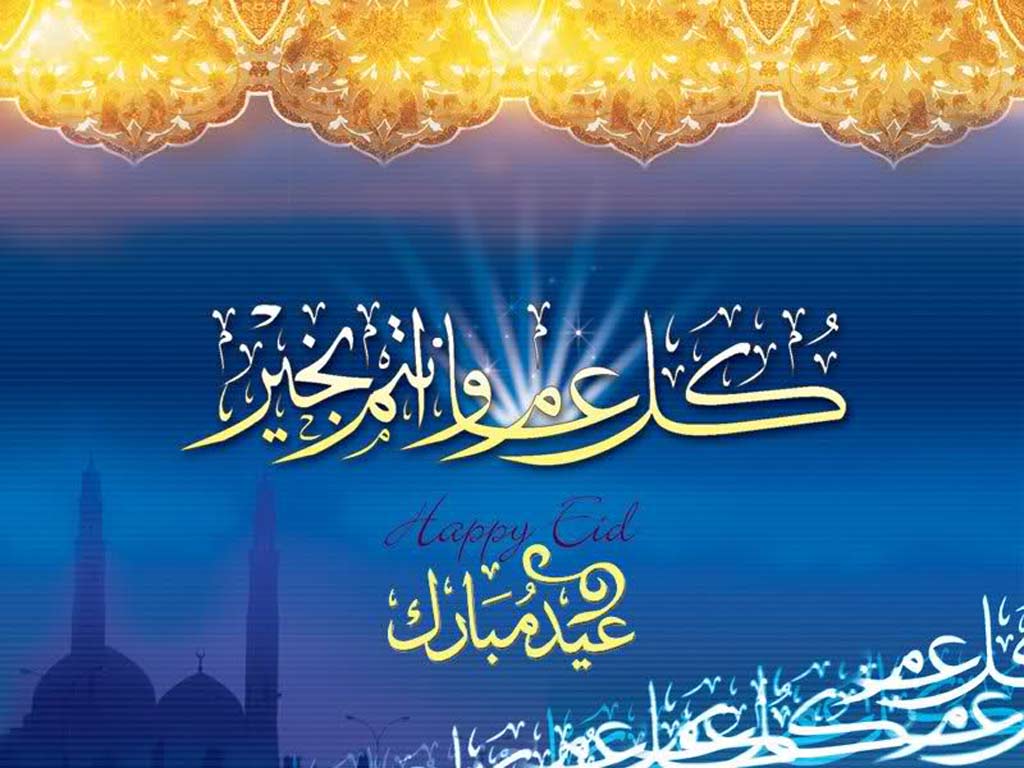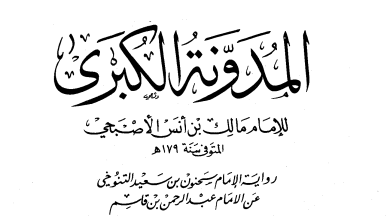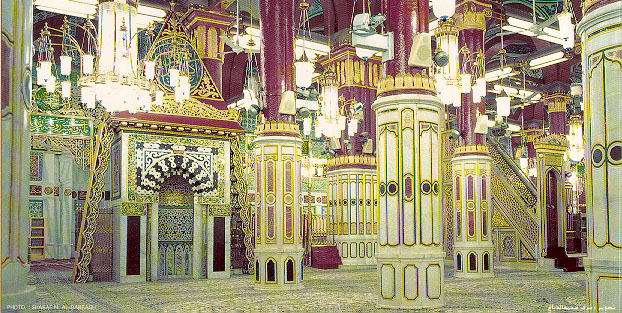Forty Hadiths on Marriage: by Imam Ali al-Qari (d. 1014 AH)
The narrations are also significant to the ethos and morality needed within a practicing Muslim household which is striving to be in line with the teachings and practice of the Prophet Muhammad (sallallahu alaihi wa sallam), and those who guarded and followed his beautiful way through the ages by means of the sanctity of marriage
A biography of the erudite Mullah Ali al-Qari:
He is the Imam, the Erudite Scholar, the Shaykh, Light of the Deen, Abul Hassan, ‘Ali (the son of Sultan Muhammad) the Reciter the Hirawi (later the Makkan) the Hanafite, renowned as Mulla ‘Ali al-Qari.
The meaning of al-Qari (the Reciter) is derived from qa-ra-‘a (to recite). He was given this appellation due to his mastery of the science of Qur’anic readings, and his vast knowledge and expertise in this field.
It is possible that he became particularly famous as “the Reciter” because he memorized the Qur’an so well in his home town and used to lead the taraweeh prayers there in a most excellent manner.
“Hirawi” refers to the famous city, Herat (Hiraah), one of the greatest cities of the land of Khorasan, and now the second city of Afghanistan. The Shaykh is called “the Hirawi” as he was born and brought up there.
He is called “the Makkan” because he travelled to the Venerated City, Makkah, and made it his home. He was blessed with remaining in the neighbourhood of the Glorious Ka’bah for over forty years, before passing away in its radiant precincts.
As for the title “Mulla”, some of the scholars write it as “Munla” and some as “al-Mawla”, regarding it as being originally an Arabic word. However it has become a part of the Persian language, and is widely used by the people of Iran, Turkistan, Turkey, Afghanistan, India and Pakistan.
The Hafidh, Murtada al-Zabeedi, believes that “mulla” is derived from the Arabic word “al-mawlaa”. He mentions in the dictionary, Taj al-‘Uroos: “the adjective from al-mawlaa is mawlawi. This is used by the non-Arabs as a title for a great scholar, but they pronounce it mulla.”
The historians do not record the precise date of his birth [but it was sometime in the 15th century CE].
His seeking of sacred knowledge can be divided into two main stages:
The first stage was in Herat, his town of birth, where he studied the recitation and pronunciation of the Noble Qur’an, and memorized it cover to cover. He also studied the elementary disciplines, and attended the circles of sacred knowledge there.
The second stage begins with his journey to the Sanctuary (Makkah), where he gained in knowledge and understanding, and increased in his humility and sincerity towards Allah ‘azza wa jall. He persevered in seeking sacred knowledge, and accompanied the distinguished scholars of the blessed land.
In Herat, he studied tajweed and the science of Qur’anic readings with his Shaykh, the Qur’an teacher, Mu’een al-Deen the Hirawi (the son of the Haafidh, Zayn al-Deen). He studied with the scholars of his city that were renowned for their learning. During that time Herat had become an important centre of Islamic civilization in Central Asia, and a city in which the sciences and arts flourished.
Shaykh ‘Ali the Reciter was born at a time when the fluorescence of learning in Herat was beginning its decline. When the Sultan, Isma’eel ibn Haydar the Safawid (known as Shah Isma’eel), the first of the Shiite Safawids, conquered Herat, he oppressed and massacred the Muslims, and commanded that Shiite practices be instituted in the city. He even ordered that all Imams must curse and insult the Pious Caliphs (al-Khulafaa al-Rashidun) in their Friday speeches. This led to the emigration of a large number of scholars, seeking to leave behind a land of Innovation for a land of Islam. Amongst them was the Erudite Shaykh, ‘Abd al-‘Aziz al-Abhari (d. 928H). Also amongst those leaving behind their native land was Shaykh ‘Ali the Reciter. He made intention to go to the Venerated City, Makkah, and to take up residence there, and to benefit from its learned men and women.
The conquest of Herat by Shah Isma’eel was in the year 916 H [approx. 1515 CE], and was followed by long years of oppression and tribulation. Shaykh ‘Ali left Herat soon after this period, but is known to have arrived in Makkah after an extended period of time.
Surely, the Venerated City picks for herself the choicest of fruits! From these fruits are the great scholars who, within her precincts, teach students from all over the world the various sciences of the sacred Law.
Thus begins the second stage of Shaykh ‘Ali’s journey of knowledge. He travels this Golden Path of sacred knowledge which winds through the Venerated City, and Allah opens his heart and desires good for him, so he assiduously accompanies the people of knowledge in the city for many long years, devoting himself to study and teaching.
The Shaykh lived a simple, humble life, eating from the fruit of his own labour in accordance with the prophetic saying: “No-one ever ate any food better than that which their own hands earned. Surely, the Prophet of Allah, Dawud (peace be upon him), ate from the earning of his own hands.”
Shaykh ‘Abd ul-Haleem al-Nu’mani said: al-Mawla ‘Ali the Reciter remained satisfied with what he earned from selling books which he wrote with his hands i.e. he worked as a scribe. His predominant state was one of indifference to material riches, gentleness, and being pleased with sufficiency. He mixed little with others, and was strong in worship and piety (taqwa). He was earnest in his drawing closer to the Knower of the secret and the manifest.
The Shaykh was deeply religious, God-fearing, scrupulous in religious affairs, indifferent to the lower world (dunya), gentle, and dignified. He was of the opinion that flattering rulers, accepting salaries from them, and seeking official positions was detrimental to one’s piety and sincerity. He wrote an epistle on this matter which he called “Distancing the Scholars from Approaching the Rulers”. He often used to say: “May Allah have mercy on my father who used to tell me he wished I did not become a scholar, as he feared that I may end up at the doors of the rulers.”
The Shaykh emphasised strongly the seeking of knowledge for the sake of Allah , and was particularly strict against those who studied for worldly ends, like seeking careers, that would soon perish. He said: “This is how we find students nowadays. They are confused about what they are doing and why. Sometimes they are studying knowledge that has no benefit in this world or the Next, just so that they can attain certain spurious objectives, such as getting in with oppressive rulers, gaining high position in society, using flattery to attain ranks, or even just to get food for their bellies.”
He also said: “The scholars of the early generations (may Allah have mercy on them) used always to examine closely those who sought to keep their company. If they saw them to be deficient in observing nafl (supererogatory) acts of worship, they would rebuke them and cease to respect them. If they found any evil in them , such as making the forbidden permissible, they would dispel them, and banish them from their gatherings, leaving off even conversation with them, let alone teaching!”
For some time, Shaykh ‘Ali held the opinion that the parents of the Messenger of Allah (may mercy of Allah and peace be upon him) will be in the Fire. He even wrote an epistle to back this view. However, he changed his opinion later on in life, al hamdo lillah, as we find unequivocally stated in his commentary on al-Shifaa of Qadi ‘Iyadh, which he wrote just three years before his demise. In it he states: “Abu Talib’s embracing Islam is incorrect. As for the Islam of [the Prophet’s (may mercy of Allah and peace be upon him)] parents, there are several opinions. The most correct is that they both had Islam, according to the consensus of the greatest of the ummah.”
Shaykh ‘Ali used to challenge all innovations and wrong beliefs and actions that prevailed at his time, and used to condemn them with a strong voice. He condemned the masses for their deviations and faced the scholars with reminders and good counsel.
His Books include:
Fath al-‘Inaayah, commentary on al-Niqaayah
Commentary on the Commentary of Nukhbat-ul-Fikr
Mirqaat ul-Mafaateeh, commentary on Mishkaat ul-Masaabeeh
Jam’ al-Wasaail, commentary on al-Shamaail
Commentary on al-Shifaa
Commentary on the Muwatta
Epistle called “Distancing the Scholars from Approaching the Rulers”
Commentary on al-Shaatibiyyah
Commentary on al-Jazariyyah
Al-Athar al-Janiyyah, on the Hanafite scholars
Biography of Shaykh ‘Abdul-Qadir
…and many others on a variety of disciplines.
His teachers include:
Shaykh Ibn Hajar al-Haytami
Shaykh ‘Ali the Pious the Indian
Shaykh Mair Kelan
Shaykh ‘Atiyyah al-Sullami
Shaykh ‘Abdullah the Sindi
Shaykh Qutb al-Deen the Makkan
Shaykh Ahmad ibn al-Deen the Egyptian
His students were extremely numerous as he was the Imam of his age, and the Unique of his time. He was a glorious scholar, a jurisprudent, an hadith-specialist, a Qur’anic exegete, and specialist in Qur’anic readings. Indeed, his mastery extended to many disciplines.
His main students include:
Shaykh ‘Abd al-Qadir al-Tabari
Shaykh ‘Abd al-Rahman al-Murshidi
Shaykh Muhammad ibn Furukh al-Mawrubi
…and many others.
The biographers mention that Shaykh Mulla ‘Ali the Reciter died in the Venerated City, Makkah, in the year 1014 after the Hijrah.
Some mention that he died in Shawwal of that year and was buried in al-Ma’laah graveyard in the Venerated City. Shaykh Ahmad al-Qittaan delineates the precise location of his grave in his book “Tanzil al-Rahamaat”.
It is said that he died in 1010H. Haji Khaleefa mentions this in “Kashf al-Dhunun”, but it is incorrect.
It is said that when the news of his death reached the scholars of Egypt, they prayed the funeral prayer for him in al-Azhar university. It was attended by over four thousand people.
[Translation from the introduction to Mulla ‘Ali al-Qari’s fatwa on “Al-Samaa’ wal-Ghinaa” by ‘Uthman Muhammad Na’urah, published by Dar al-Furfur, Damascus].
Here is a digital image from an original handwritten manuscript of the description page of the 40 hadith compilation by Imam Ali al-Qari on Marriage, and it is dated 1010 AH (which indicates that it was scribed in the lifetime of Imam Ali al-Qari by the author himself):
The slideshow bar at the top of the page is from the beginning of the first page which mentions the title of the work
Download link
Read online:






